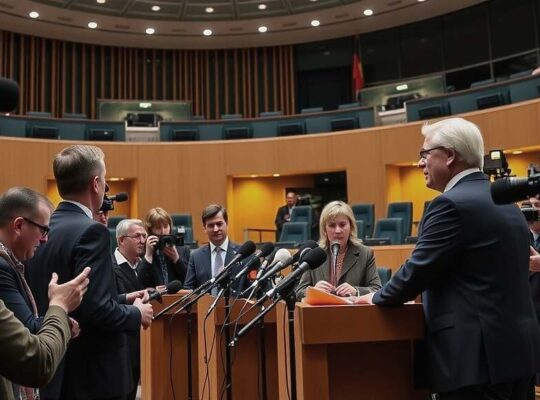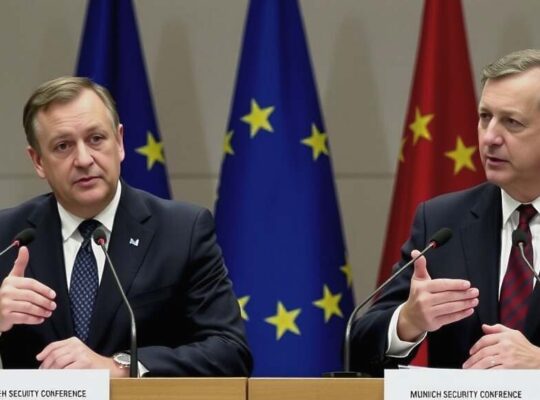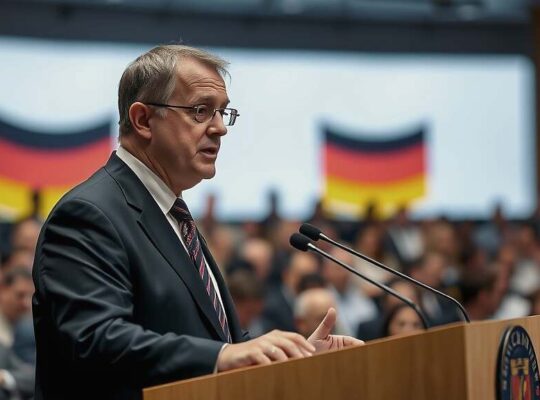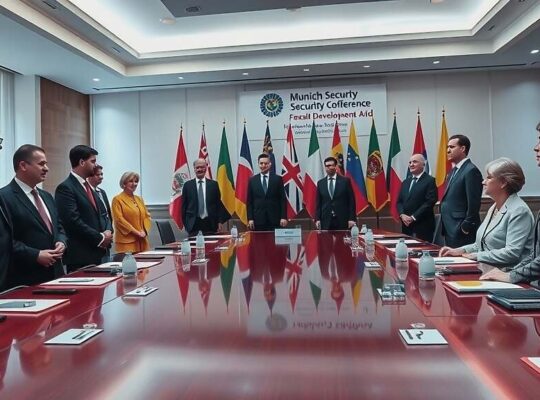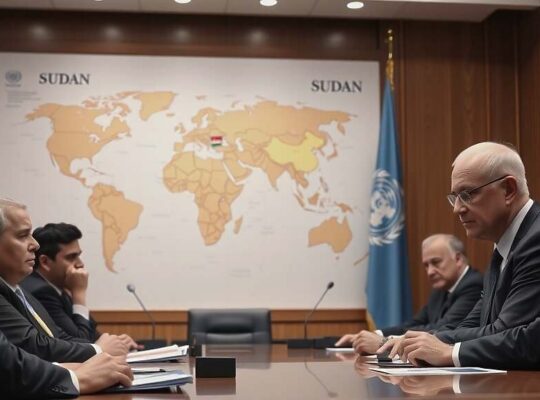Concerns are mounting over significant cuts to Germany’s budget for international development and humanitarian aid, as voiced by Caritas international, a Catholic aid organization. Oliver Müller, head of Caritas international, has sharply criticized the consecutive reductions in funding, particularly given the increasing needs driven by ongoing conflicts and natural disasters exacerbated by the climate crisis.
Müller expressed concern that Germany is distancing itself from the internationally agreed target of allocating 0.7% of its gross national income (GNI) to development cooperation and humanitarian assistance. He highlighted the notable shift in priorities, with planned increases in defense spending reaching 5% of GNI in coming years, while development aid is being curtailed.
Caritas international is already experiencing the repercussions of these budget cuts. Müller cited the suspension of vital aid projects in the Democratic Republic of Congo and the border region of Thailand and Myanmar. These suspensions have resulted in the cessation of medical care and clean water distribution, directly impacting vulnerable populations. Furthermore, over 5,000 local aid workers have lost their jobs due to the funding shortages.
The organization’s leadership warned that the consequences for individuals no longer receiving assistance are already severe and will continue to worsen. Caritas international is urging a reconsideration of these cuts, emphasizing the need for a shift in perspective regarding the interconnectedness of development work, global security and climate protection, ultimately benefiting Germany as well.
Budgetary reductions at the Federal Ministry for Economic Cooperation and Development have been ongoing. Available funds decreased from approximately €12.4 billion in 2022 to a projected €9.9 billion by 2026 and are forecast to drop further to around €9.3 billion by 2029. This trend puts Germany at risk of failing to meet the established “ODA (Official Development Assistance) quota” an agreement reached by the UN General Assembly in 1970 and reaffirmed within the UN Sustainable Development Goals in 2015.
The international development sector is facing a broader crisis, notably following the cessation of operations by the US Agency for International Development (USAID). A recent study published in “The Lancet” projects that without closing the funding gap created by USAID’s closure, over 14 million additional deaths, including 4.5 million children, could occur by 2030.




